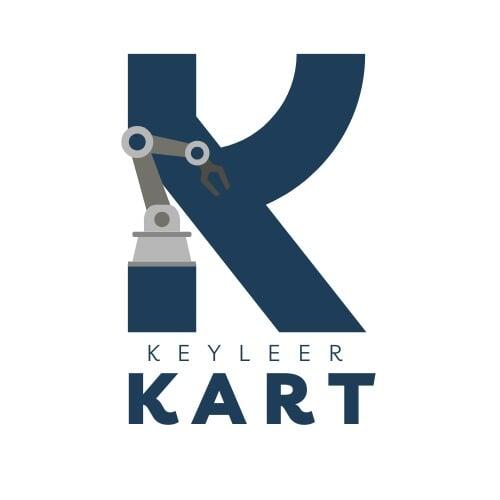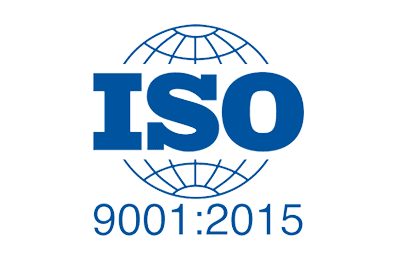In today’s competitive manufacturing landscape, investing in the right machinery is crucial for businesses to stay ahead. For many small and medium-sized enterprises (SMEs) in India, used CNC machines offer a cost-effective solution without compromising on quality. However, choosing the right used CNC machine requires careful consideration of several factors. This blog will guide you through the process, backed by research, statistics, and expert insights, to help you make an informed decision.
Why Choose Used CNC Machines?
Before diving into the selection process, it’s important to understand why used CNC machines are a popular choice for Indian manufacturers:
Cost Savings: Used CNC machines can cost 30-50% less than new ones, making them an affordable option for SMEs.
Proven Performance: Many used machines come with a track record of reliability and performance.
Quick Availability: Unlike new machines, which may have long lead times, used machines are often readily available.
Sustainability: Buying used machinery contributes to a circular economy by reducing waste and promoting reuse.
According to a report by IMARC Group, the global used machinery market is expected to grow at a CAGR of 5.2% during 2023-2028, driven by the increasing demand for cost-effective manufacturing solutions in emerging economies like India.
Steps to Choose the Right Used CNC Machine
1. Assess Your Manufacturing Needs
The first step is to evaluate your specific requirements. Ask yourself:
What type of materials will you be machining (metal, wood, plastic, etc.)?
What is the size and complexity of the parts you need to produce?
What is your production volume?
For example, if you’re in the automotive industry, you might need a high-precision CNC milling machine, while a furniture manufacturer may require a CNC router for woodworking.
2. Research the Machine’s History
When buying a used CNC machine, it’s crucial to know its history. Key details to look for include:
Age of the Machine: While older machines can still be reliable, newer models may offer advanced features.
Usage Hours: Machines with lower usage hours are generally preferred.
Maintenance Records: Well-maintained machines are less likely to have hidden issues.
According to a ThomasNet article, buyers should always request maintenance logs and inspect the machine’s condition before purchasing.
3. Inspect the Machine’s Condition
If possible, visit the seller’s location to inspect the machine in person. Look for:
Wear and Tear: Check for signs of excessive wear on critical components like spindles, guideways, and ball screws.
Accuracy and Precision: Test the machine’s performance by running a sample program.
Software Compatibility: Ensure the machine’s software is compatible with your existing systems.
If an in-person inspection isn’t feasible, ask for detailed photos, videos, or a virtual tour. Reputable sellers like Machinery Network often provide comprehensive inspection reports.
4. Verify the Seller’s Credibility
Buying from a trusted seller is essential to avoid scams or low-quality machines. Consider the following:
Reputation: Look for reviews and testimonials from previous customers.
Warranty and Support: Choose a seller that offers a warranty and after-sales support.
Certifications: Ensure the seller adheres to industry standards and regulations.
For example, platforms like Industry Buying and Exporters India are known for their verified listings and reliable sellers.
5. Compare Prices and Negotiate
Used CNC machines can vary significantly in price depending on their age, condition, and features. Use online marketplaces like Machine Tools India to compare prices and negotiate with sellers. Don’t forget to factor in additional costs such as transportation, installation, and training.
6. Consider Future Upgrades and Scalability
Choose a machine that can grow with your business. Look for:
Upgradability: Can the machine be upgraded with new software or hardware?
Scalability: Will the machine meet your needs as your production volume increases?
A report by McKinsey & Company highlights that manufacturers who invest in scalable technologies are better positioned to adapt to changing market demands.
7. Seek Expert Advice
If you’re unsure about which machine to choose, consult with industry experts or hire a machinery inspector. Many companies, such as TUV Rheinland, offer third-party inspection services to ensure you’re making a sound investment.
Key Statistics and Trends in the Used CNC Machine Market
According to a Statista report, the Indian machine tool market is projected to reach $2.5 billion by 2025, driven by the growing adoption of CNC machines.
A study by Grand View Research found that the Asia-Pacific region, including India, is the fastest-growing market for used machinery due to rapid industrialization.
The Indian Brand Equity Foundation (IBEF) reports that the Indian manufacturing sector is expected to contribute 25% to the GDP by 2025, creating a surge in demand for cost-effective machinery solutions.
Conclusion
Choosing the right used CNC machine for your manufacturing needs is a strategic decision that can significantly impact your business’s productivity and profitability. By assessing your requirements, researching the machine’s history, inspecting its condition, and working with a reputable seller, you can find a high-quality machine that meets your needs without breaking the bank.
At KeyleerKart, we specialize in providing top-quality used CNC machines from Germany, backed by thorough inspections, warranties, and exceptional customer support. Explore our to find the perfect machine for your business today!
Additional Resources
By following this guide and leveraging the resources provided, you can make an informed decision and take your manufacturing operations to the next level. Happy machining!





